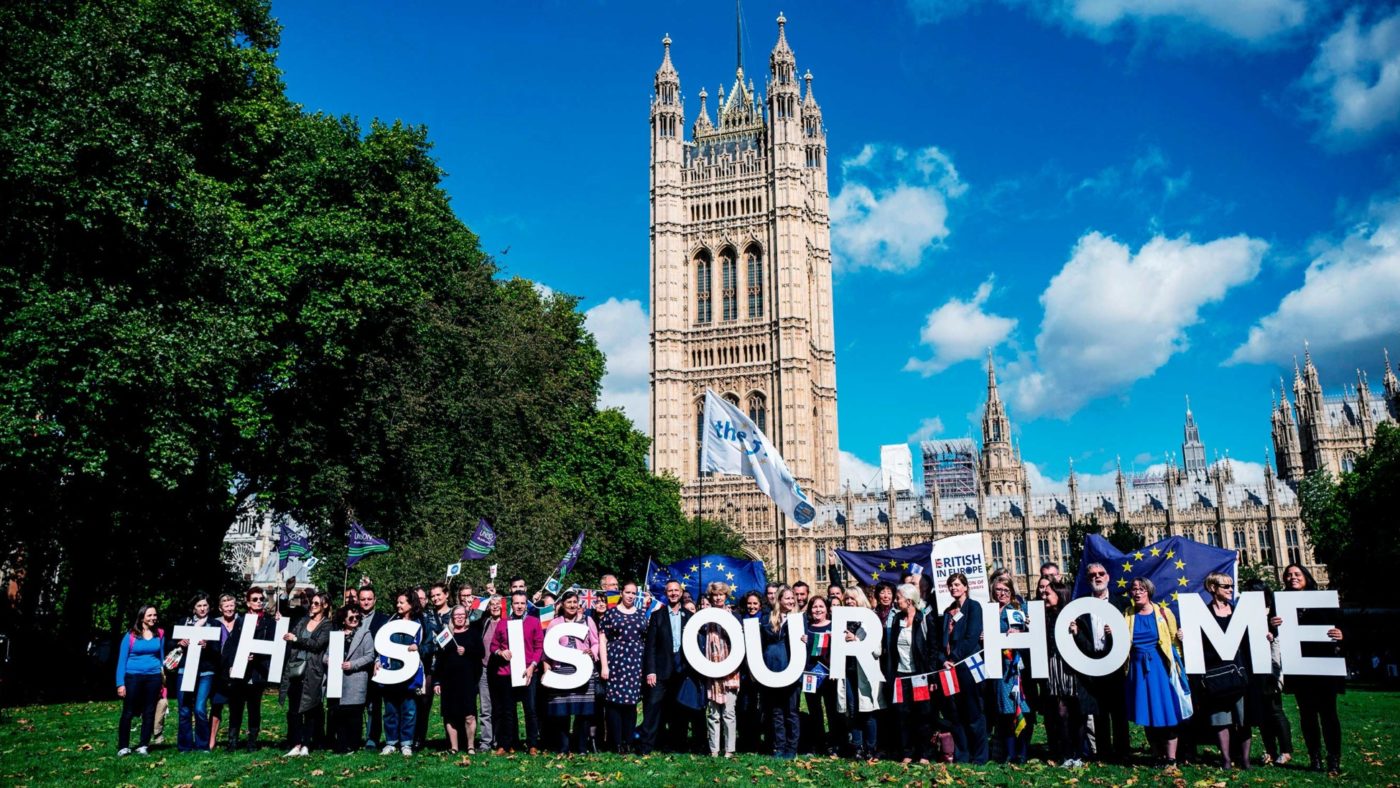Last week, I pointed out in this briefing that the Government’s rhetoric about a forward-looking, outward-facing Global Britain sat oddly with an immigration policy driven by an obsession with cutting the numbers.
This week, rather more people have been talking about the immigration system and its failures, as the scandal over the appalling mistreatment of members of the Windrush Generation has come to a head.
That the week also saw London host the biannual summit of Commonwealth leaders, and the 50th anniversary of Enoch Powell’s Rivers of Blood speech, only underlined the point.
The fact that the Home Office greets new arrivals – or, in the case of the Windrush generation, pensioners who have been in Britain since childhood – with a mixture of suspicion and ineptitude is not news to those who have been through the process themselves.
But, as Oliver Kamm wrote on CapX this week, ‘If no other good comes from the Windrush scandal, let it be more widely appreciated that treating immigrants as raw numbers rather than real people will have lasting consequences.’ There is reason to be optimistic on that front. That the government faced such universal criticism – from The Guardian, the Daily Mail and everyone in between – indicates a meaningful shift in mood.
Yet the really worrying thought is that the demands on this system are, thanks to Brexit, about to get much greater. EU citizens are right to be even more concerned about how they will be treated when they have to prove that they are entitled to remain in the UK once it is out of the EU.
As Philippe Legrain argued on CapX well before the Windrush Scandal erupted, Britain’s immigration system is not fit for purpose. It has limped along mostly thanks to the flexibility of free movement of people compensating for the rigidity of the rest of the system.
Without fundamental reform, it will be stretched beyond breaking point when we leave the EU, and so fixing it is central to making a success of Brexit.
But the Windrush debacle is not just a parable about Brexit – it points to a broader tension in our politics, and a broader problem for both Left and Right.
Conservatives, for example, are suspicious of over-centralisation and top-down targets when it comes to health and education. Yet many if not most argue for exactly that approach when it comes to immigration policy. If it was any government department other than the Home Office, such dysfunction and incompetence might have been much easier to spot.
Many on the Left, by contrast, have full confidence in government’s ability to solve almost any problem, no matter how complicated. But it cannot see that the labyrinthine Home Office – and the pain it has inflicted on many in the Windrush generation – is what you get when the state assumes more and more power.
Those caught in the Windrush trap faced a series of overlapping and contradictory sets of rules. They were asked to provide decades’ worth of evidence of something they never thought they’d have to prove. At one point, their right to live in the country they call home appeared to hinge on the existence of paperwork that was sitting in sacks in the basement of a Home Office building in Croydon and then incinerated.
To fix the immigration system – and to make a success of Brexit – the Government must appreciate that what is true of other parts of the state is also true of our border controls. No matter how sensible a system sounds on paper, it will never work properly if it depends on the competence of the man or woman in Whitehall.
This article is taken from CapX’s Weekly Briefing email. Sign up here.


